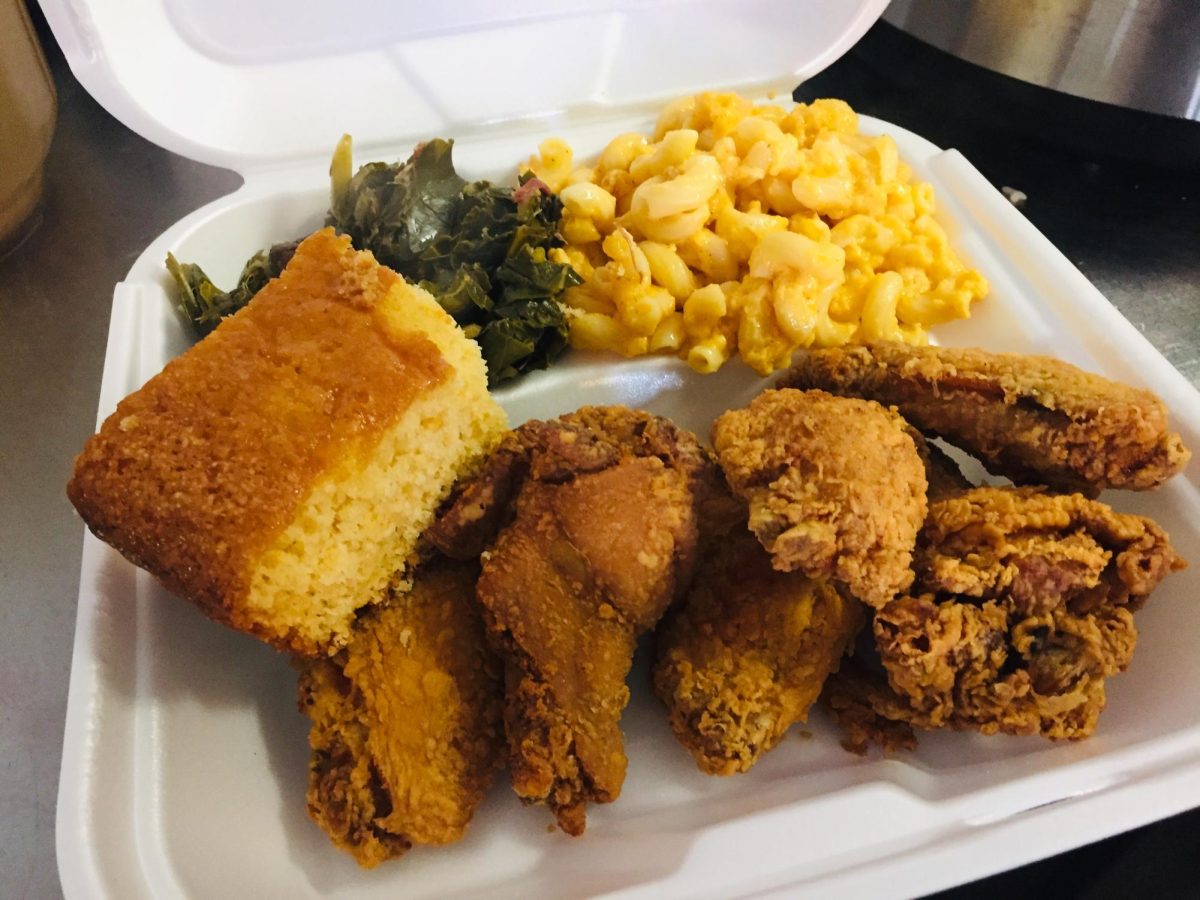Soul food, rooted in the African American culinary tradition, became a staple in the Black community through a complex interplay of history, culture and resilience. Emerging from the harsh conditions of slavery, African Americans creatively blended indigenous ingredients with those introduced by European settlers. This fusion not only sustained them physically but also fostered a sense of community and cultural identity.
As enslaved Africans faced meager rations, they utilized resourcefulness to transform humble ingredients into flavorful dishes. Collard greens, okra and black-eyed peas, among others, became foundational elements of soul food. The preservation of West African cooking techniques and the incorporation of new ingredients showcased the adaptive spirit of the Black community.
The Great Migration further contributed to the dissemination of soul food. As African Americans moved from the rural South to urban centers, they brought their culinary heritage with them. Churches and community gatherings became spaces where soul food was celebrated, reinforcing its role as a unifying force.
Despite its historical roots, the term “soul food” gained prominence in the 1960s during the Black Power movement. It symbolized not just a type of cuisine but a cultural expression and a source of pride. The act of sharing soul food at family gatherings and social events became a way of preserving cultural heritage and fostering a sense of belonging.
“When I think about soul food, I think about family,” K.C. Dewhart, a freshman rehabilitation services major, said. “It reminds me of my mom and how she cares a lot about me and my siblings.”
Soul food has served as a form of empowerment and resistance against historical injustices. It represents a celebration of culture, resilience and the ability to find joy and sustenance even in challenging circumstances.
“It’s more of a cultural thing when it comes to African Americans, I think. People could never take that away from us,” said Honesti Howe, a freshman biology pre-med major.
Soul food’s enduring popularity can also be attributed to its association with celebrations and rituals. From Sunday dinners to holiday feasts, these culinary traditions are deeply ingrained in the fabric of Black family life. The communal aspect of preparing and enjoying soul food reinforces social bonds and passes down cultural knowledge through generations.
Many HBCU students come from diverse backgrounds and may be attending school away from their hometowns. Soul food, with its comforting and familiar flavors, can serve as a taste of home, providing a sense of comfort and belonging.
“Macaroni and cheese is my favorite soul food dish. They are all delicious, but something about my mother’s touch when she makes it speaks to my soul,” Skye Cook, a freshman majoring in criminal justice, said.
Sharing soul food often involves communal meals and gatherings. HBCU students, in particular, may find these occasions to be a way to build community and foster a sense of belonging among peers.
Soul food is a cultural expression deeply rooted in African American history. For HBCU students, enjoying and celebrating soul food provides a connection to their cultural heritage, fostering a sense of pride and identity.
However, it is essential to acknowledge the health implications associated with some soul food dishes. Many traditional recipes are high in fat, salt and sugar, contributing to health issues within the Black community. There is an ongoing dialogue about preserving the cultural significance of soul food while promoting healthier alternatives.
In conclusion, soul food’s journey from the challenging times of slavery to its status as a cultural cornerstone in the Black community reflects the resilience, creativity and cultural pride of African Americans. It not only satisfies the palate but also serves as a symbol of unity, heritage and the ongoing quest for cultural preservation in the face of adversity.



















